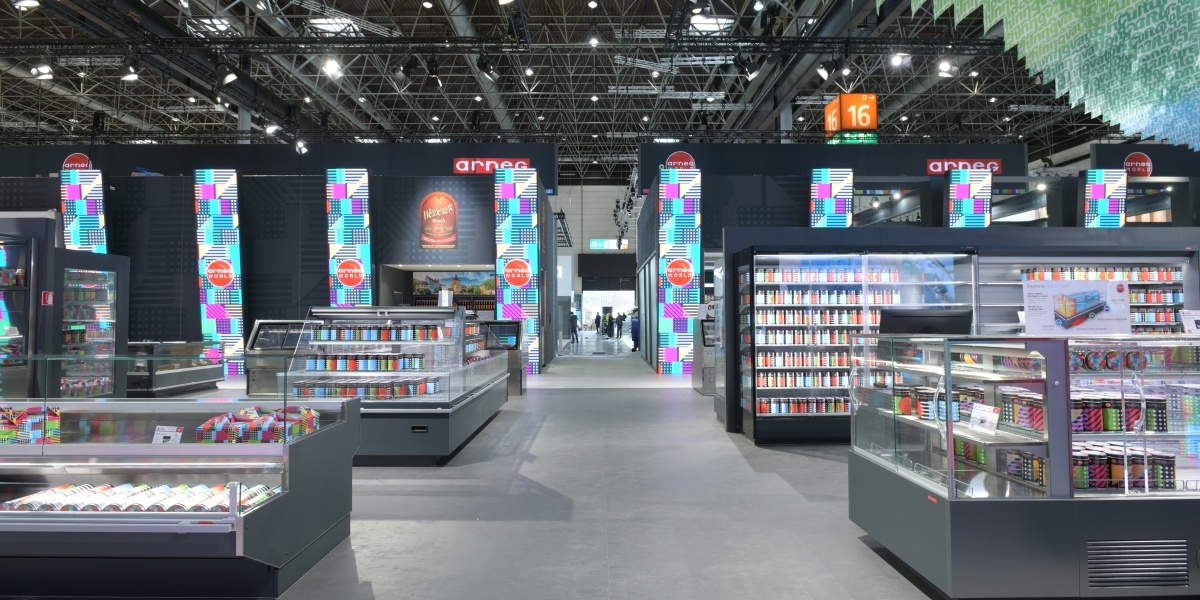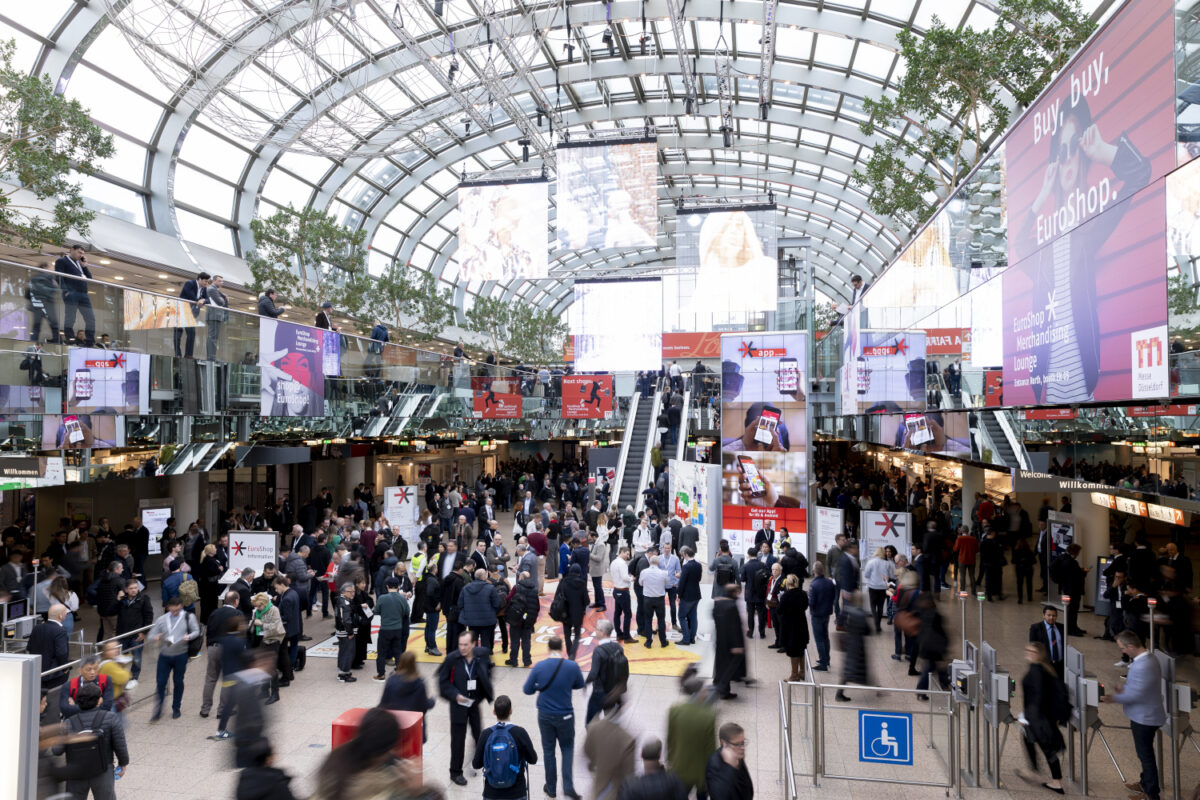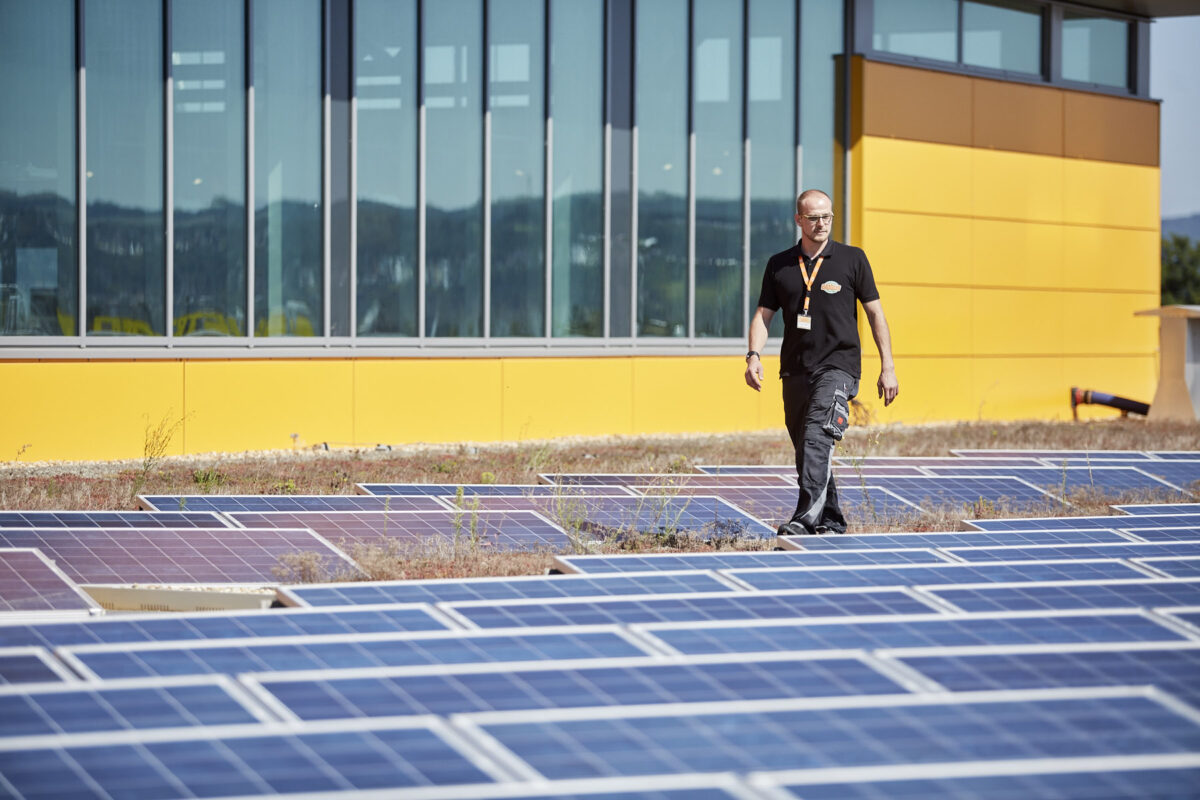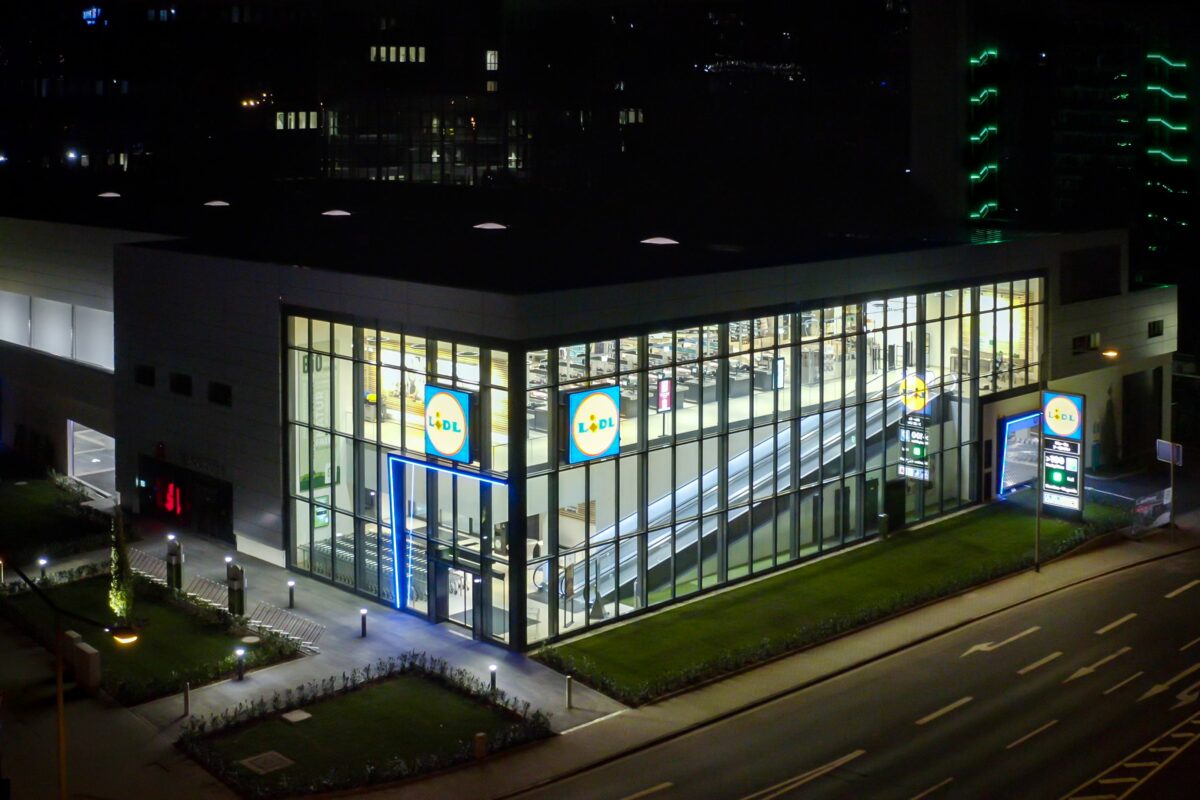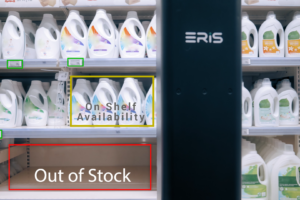Solar power plants have long ceased to be a rarity in retail. Around two million square metres of photovoltaic modules have been installed on commercial premises in Germany. They generate approximately 180 million kilowatt hours of solar electricity, which – provided this is possible from a technological perspective – is increasingly consumed on location due to the affordable generation costs.
Solar power storage units, on the other hand, are much less widely spread. However, these allow companies to further increase their self-sufficiency. Today, this field offers a wide range of technologically mature systems that even have sufficient storage capacities for commercial enterprises with high energy consumption.
At the EuroShop partner trade fair ENERGY STORAGE EUROPE, which will take place at the exhibition centre in Düsseldorf from 10 to 12 March 2020, retail experts can find out more about how they can use photovoltaic storage systems in practice to reduce carbon emissions and energy costs.
In the new decade, retail will face great challenges, which have been embedded in the German Federal Government’s Climate Action Plan and Law since the fourth quarter of 2019. Companies are expected to contribute to Germany’s climate neutral building stock until 2050. They are to save energy and act in a more energy-efficient manner. At the same time, however, they are expected to remain competitive despite a continuing increase in energy costs, which are related not least to the resolved carbon pricing. Not to forget that climate protection has been made a duty for society as a whole. And more and more consumers are paying attention to the environmental protection efforts of companies.
Generating solar power is good for the image
Running their own solar power plants offers companies various benefits. They generate image-boosting, carbon-free electricity. The more photovoltaic electricity companies use themselves, the more they reduce climate-damaging greenhouse gases in their own electricity supply. As the generation costs of around 6 to 7 cents per kilowatt hour for commercial solar power plants are significantly lower than the costs for procuring mains power (approx. 17 ct/kWh), they also reduce energy costs, which in turn increases the commercial enterprise’s returns. Companies can furthermore generate income by selling excess solar power.
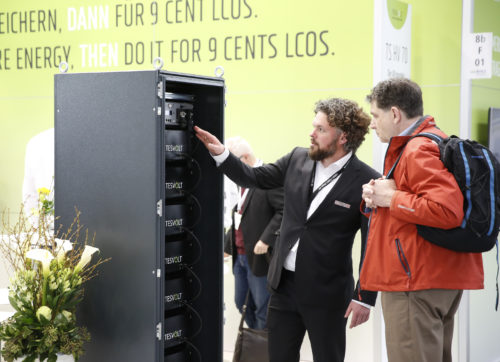
Expert talk at the Energy Storage Europe
Top dogs are leading by example
Commercial companies such as Lidl, Aldi and Amazon have recognised the benefits of generating their own solar power and have been investing heavily in photovoltaic plants for some years now. The roofs of supermarkets, logistics and transport centres offer enough available space. According to the German Solar Association, photovoltaic plants are in operation on 500,000 roofs in Germany. Unlike in private households, where storage units for new photovoltaic plants are installed almost by default, comparatively few battery systems are used in the trade and industry sectors.
At Aldi Süd, 1,338 of their 1,890 branches had been equipped with photovoltaic systems by the end of 2018. The company is testing the storage of solar power it has generated itself in branches in the greater Frankfurt am Main area, for example. As part of this project, Aldi installed 100 kilowatt hour storage systems at each location. The discount store is simulating the use of photovoltaic batteries in other branches and at one logistics centre.
Energy consumption at night
Combining photovoltaic systems with batteries is a useful solution. In many companies, energy consumption is high during the day, meaning they can use a lot of solar power directly. But food has to be kept cool at night, as well, computer servers still require power, and air conditioning and emergency lighting are also left on. As a result, there are still are lot of takers for electricity in the evenings and at night, as well. Which is when storage systems reveal their full benefits.
Solar power in electromobility
Not to forget the transportation sector: More and more companies are electrifying their fleets. In the course of this, they build charging stations to charge the batteries of their electric forklifts, lorries and transporters, as well as customer cars. However, these are only truly ecological when they use electricity generated from renewable sources. Here, solar power generated on the company roof is a good solution. Storage systems increase the internal consumption rate and mean that vehicle batteries can be charged cost-effectively at night, as well.
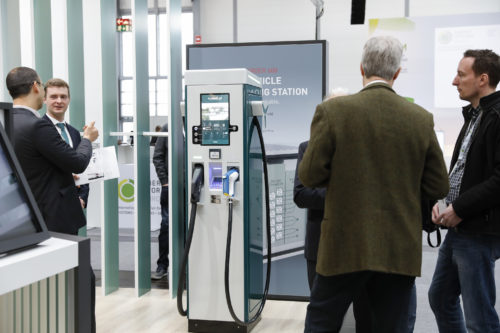
Charging station at the Energy Storage Europe
Heating is an additional factor, as this is increasingly carried out electrically. Which is why heat pumps are being used or at least considered more and more frequently in new constructions and building modernisations. Solar power allows users to operate heating systems in a more environmentally friendly and cost-effective manner.
Last but not least, emergency power supplies are also worth mentioning. Solar power storage systems protect companies against disruptions in their electricity supply, which is an advantage when it comes to food refrigeration, for example.
At the ENERGY STORAGE EUROPE trade fair, which will take place at the exhibition centre in Düsseldorf from 10 to 12 March, specialists can find out more about technical solutions, providers and funding opportunities. For the first time, the organisers also offer the Decarbonization Hub, a special service tailored to retail. Among other topics, this forum visualises how storage systems can increase energy efficiency and illustrates possible decarbonisation solutions.
For further information, please visit https://www.eseexpo.de/de/Retailbranche








